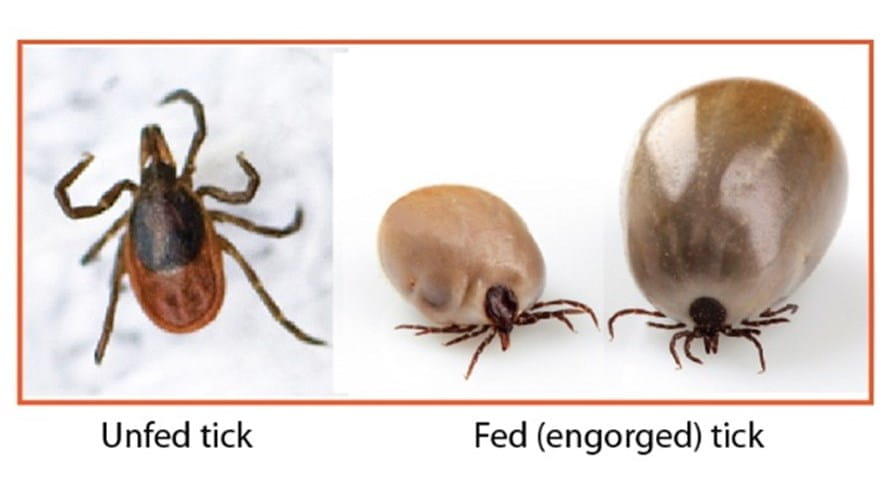Ticks in Hungary

Ticks in Hungary
Ticks in Hungary
Ticks in Hungary
As the weather improves and we spend more time outdoors, our attention should turn towards ticks and preventing tick bites. Ticks are common in Hungary and Central Europe and are important to be aware of if you spend a lot of time outdoors, particularly in woodland areas. The peak "tick" season is from Spring to Autumn and it is important to be prepared. Ticks are small insects which live in woodland and grassy areas and unfortunately a small number in Hungary carry diseases which can be spread to humans. These diseases are tick borne Encephalitis and Lyme disease. Lyme disease is unpreventable and needs to be treated with a course of antibiotics. Tick borne encephalitis can be prevented by a course of immunisations. This is a course of 3 injections over a period of 1 year which then gives immunity for 3 years.
To protect yourself and your child from tick bites when walking or playing in wooded areas, wear long-sleeved shirts and trousers, in light colours which can help you see the ticks more easily. If your child has long hair, tie it back and wear a hat. After playing outside, check your skin carefully, especially the scalp, behind the ears, the neck, under the arms and groin.
If you find a tick, remove this as soon as possible and cleanse the area with disinfectant. Following a tick bite observe the skin for any signs of infection (redness, swelling, pain) and any general symptoms you may experience, i.e. headaches, fatigue, fever. If you experience any of these see your doctor as soon as possible.
If you have any questions regarding tick bites or immunisations please see Nurse Nicola in the medical room. We can organise a vaccination programme after the holidays for those who require the injections in school.
Illness in the school environment
Our school is a close community and naturally, through daily contact. bacteria and viruses spread amongst pupils, staff and parents. In order to help reduce this spread of infection we work closely with the children, teaching the importance of hand washing and using paper tissues but we would appreciate your help at home. If your child is sick, has a fever, sore throat or cough please ensure they are well enough to be in school and to participate fully in the school day. This includes PE lessons, swimming and outside playtime for the younger pupils. If your child becomes unwell during the school day, we will attempt to contact you for you to arrange for your child to be taken home.
Nicola Edwards